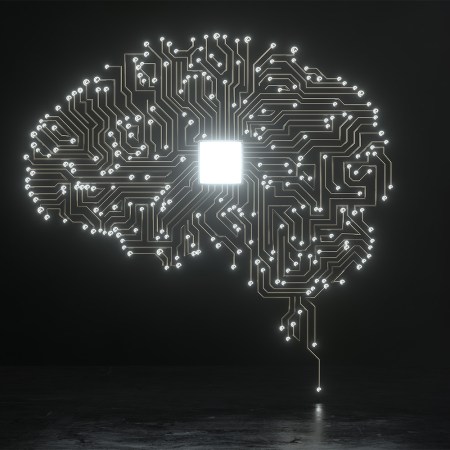The effects of a brain tumor on someone’s knowledge and behavior can be dramatic — but so can the aftereffects of the surgery involved in treating this condition. If you remove part of someone’s brain, there are bound to be side effects; it’s one of the reasons that hospitals advise patients and their families to prepare for significant changes after surgery. But with advances in medical technology, there may be ways to identify and preserve elements of the brain even when you factor in major surgery.
One patient being treated for a brain tumor in Barcelona had a very specific request to make of his doctors. He was a competitive chess player, and wanted to preserve his knowledge of and skill in the game if possible. Their efforts to do exactly that are the subject of a recent paper in the journal Cortex.
The doctors involved in treating this patient asked him a number of questions related to chess and analyzed his brain to determine which parts of the brain were used in each. “Despite certain limitations, the current multimodal protocol facilitated identification and preservation of the functional brain structures involved in chess performance during the surgery,” the study’s authors wrote.
This is significant for several reasons. First, as the paper’s authors write, successfully preserving these parts of the patient’s brain was effective in both “fulfilling the patient’s wish and successfully preserving his quality of life.” This work also opens the door for future study in preserving other areas of knowledge in patients.
Scientists Explored Why More Sleep Can Prevent Brain Disorders
New research explored what the brain does during sleepAs the scientists working on this operation told Scientific American‘s Gary Stix, their goal required them to create new tools along the way — including collaborations across disciplines.
“With the neurosurgeon and team, we developed a new protocol for testing the language of coding in the operating room using JavaScript,” the University of Barcelona’s Antoni Rodríguez-Fornells told Scientific American. Stix’s reporting also reveals that the scientists involved with this have also taken similar measures to protect another patient’s computer programming knowledge. It’s a fascinating glimpse of what’s increasingly possible through cutting-edge science.
The Charge will help you move better, think clearer and stay in the game longer. Subscribe to our wellness newsletter today.



















